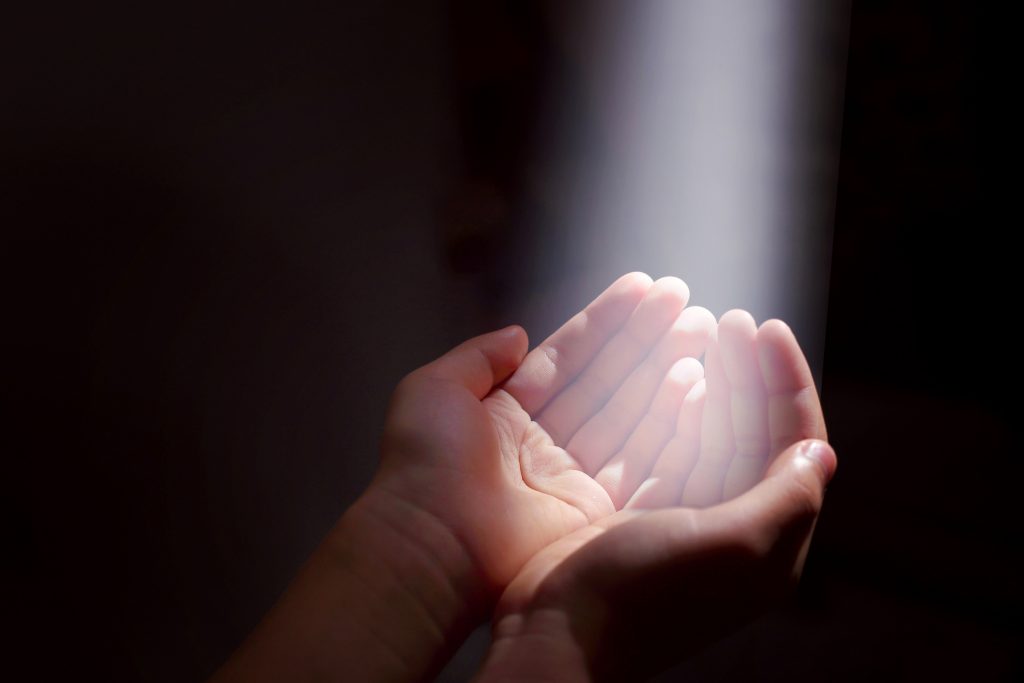The statistics for child sexual abuse are sobering. According to the National Sexual Violence Resource Center, one in four girls and one in six boys will be sexually abused before they turn 18 years old. Domestic abuse counselors Justin and Lindsey Holcomb review four conversations that parents should start having to help protect their children from harm.
Make a list of safe people.
Lindsey speaks to the importance of helping children of all ages recognize who the safe people are in their life. She shares a few practical examples of conversation starters.
“Have a conversation with them saying, ‘If anybody ever makes you feel uncomfortable or you feel scared, let’s make a list of people you can talk to. Who are your trusted people?’ Make the list with four or five folks so that there’s options.”
“We use the word ‘tricky’ saying, ‘There are some tricky people in the community that might make you feel uncomfortable. Let’s have a conversation about this.’”
“You can have conversations from TV shows or movies as you pick out the tricky person, That person should not have done that to that child. What do you think made that kid feel uncomfortable? What could that kid have done? Who could they have gone to?’”
Lindsey wants to remind parents that it’s never too late to initiate these kind of conversations.
“It doesn’t matter how old they are – if they are 18 years of age, start now. Especially as they get into the teenage years you need to be thinking about texting and on the computer. Start the conversation.”
Help them differentiate between secrets and surprises.
Justin says there is a clear difference between keeping a secret and keeping a surprise.
“Asking your child, ‘has anyone has ever asked you to keep a secret? Because we don’t do secrets. Secrets are scary and isolating, surprises are good.”
Discuss body parts.
It’s important to have an age-appropriate conversation with your child about the basics of their body parts, giving them proper names and reviewing their functions.
Talk about appropriate and inappropriate touch.
Justin points out that there are two different kinds of touch: appropriate and inappropriate. Kids need to know the difference to identify if they are experiencing abuse of any kind.
“Let them know the categories that you can be touched and it’s wrong and it’s inappropriate, you can be punched for example. But there are other ways that touch is appropriate. It’s not ‘good touch’ and ‘bad touch,’ that’s actually confusing because some bad touch physically feels good. So it’s explaining appropriate vs. inappropriate touch.”
“Those are the top four conversations a parent should start having. You can actually talk about those without having to thread the needle on talking about tricky people, darkness, evil and horrible things. You’re just talking about basic stuff. You’re actually not talking about sexual abuse of the child, you’re just talking around it and making it easy to actually go further in the conversation if needed.”
Inside of the home is the ideal environment where a child should learn about his or her body and how it should be treated by others. As a parent, you can help to protect your kids by educating them about their body and assist them in building a defense against sexual abuse.
Justin and Lindsey Holcomb are authors of several books including God Made All of Me. They live in Orlando and are parents of two young children, for whom they wrote this book. Justin is a minister and seminary professor. Lindsey now works at home, but previously served as a case manager at a sexual assault crisis center and a domestic violence shelter. Together they conduct a variety of training seminars to service providers, churches, and organizations about how to prevent, recognize, and respond to child, sexual, and domestic abuse.
Helping our children protect their bodies





















